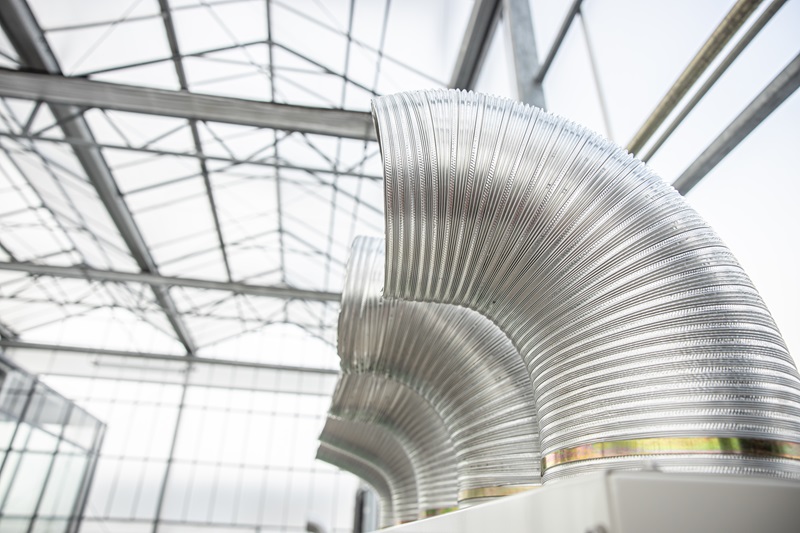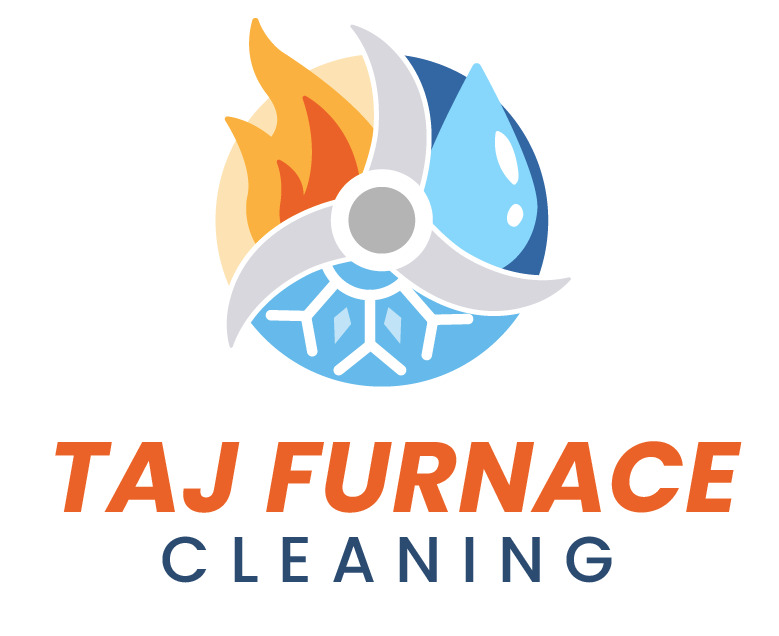Types of Air Duct Systems Every Homeowner Should Know
- Home
- Understanding the Different Types of Air Duct Systems: What Homeowners Should Know

Your HVAC system is essential for confirming indoor comfort, with air ducts serving as the channels that distribute warm or cooled air throughout your home. However, not all duct systems are the same. Understanding the different types of air duct systems can help you make knowledgeable choices regarding upkeep, efficiency, and overall home comfort. In this guide, we’ll break down the various types of air duct systems and why homeowners need to be familiar with them.
Why Knowing Your Air Duct System Matters
Most homeowners don’t think about their air ducts until there’s a problem, such as poor airflow or rising energy bills. However, understanding the type of air duct system in your home can help you ensure it’s maintained properly, extend the life of your HVAC system, and improve the overall your house’s efficiency of your house maintained duct systems, not only saving money but also contributing to better indoor air quality.
The Common Types of Air Duct Systems
There are several types of air duct systems commonly used in residential settings, each with unique benefits and drawbacks. The most common types include:
1. Flexible Ductwork
What Is Flexible Ductwork?
Flexible ductwork is made from an often insulated and re-coil covered in a bendable, durable plastic and is usually. It is easy to install, especially in tight spaces where rigid ducts may not fit. Flexible ducts are widely used in residential homes due to their adaptability and cost-effectiveness.
Pros of Flexible Ducts:
- Easy Installation: Flexible ducts can be installed in areas where rigid ductwork may not fit, making them ideal for homes with limited space.
- Cost-Effective: Flexible ductwork is generally cheaper than rigid duct systems.
- Lightweight and Versatile: These ducts can easily bend around obstacles, providing more installation flexibility.
Cons of Flexible Ducts:
- Prone to Damage: Because they are made from softer materials, flexible ducts can be more prone to damage, such as tears or punctures.
- Reduced Efficiency: If not installed properly, flexible ducts can sag, causing airflow resistance and reducing overall HVAC efficiency.
2. Rigid Ductwork
Rigid ductwork, as the name implies, is made from solid materials like sheet metal, fibreglass, or fiberboard. There are several subtypes of rigid ducts, including:
a) Sheet Metal Ducts
Ducts made from sheet metal are commonly constructed from galvanized steel or aluminum. They are amenable and long-lasting duct systems.
Pros of Sheet Metal Ducts:
- Durable and Long-Lasting: Sheet metal ducts are resistant to wear and tear, lasting for and, when properly maintained, last when properly Mold: Unlike flexible ductwork, sheet metal ducts are less likely to accumulate mould due to their smooth, non-porous surface.
Cons of Sheet Metal Ducts:
- Challenging Installation: Installing sheet metal ducts requires precision and expertise, which can make the process more expensive and labour-intensive.
- Noisy Operation: Metal ducts can create noise when the HVAC system is in operation due to the expansion and contraction of the metal.
b) Fiberglass-Lined Ducts
Fiberglass-lined ducts are often used in commercial settings but can also be found in residential homes. They are lined with fibreglass insulation to help dampen noise and improve energy efficiency.
Pros of Fiberglass-Lined Ducts:
- Noise Reduction: The insulation helps to decrease noise from the HVAC system, making it a quieter option for homes.
- Energy Efficiency: Fiberglass-lined ducts can help reduce heat loss, enhancing the overall performance of your HVAC system.
Cons of Fiberglass-Lined Ducts:
- Potential Health Risks: Over time, fibreglass can break down and release particles into the air, potentially causing respiratory issues.
- Difficult to Clean: Fiberglass ducts are more challenging to clean, as the insulation can trap dust and debris more easily than metal or fiberboard ducts.
c) Fiberboard Ducts
Fiberboard ducts consist of compressed fibreglass fibres coated with a protective layer. These ducts are often used for their insulating properties and cost-effectiveness.
Pros of Fiberboard Ducts:
- Affordable: Fiberboard ducts are generally less expensive than other rigid duct options.
- Sound Insulation: They provide excellent insulation, helping to reduce energy costs.
Cons of Fiberboard Ducts:
- Susceptible to Mold: Fiberboard can retain moisture, which may lead to mould growth over time.
- Limited Lifespan: These ducts tend to wear out faster than other rigid duct materials, especially in humid conditions.
3. Ductless Systems
Though not technically a “duct” system, ductless systems—such as mini-split air conditioners—are an alternative that some homeowners use to avoid traditional ductwork altogether. These systems include an indoor unit linked to an outdoor unit through refrigerant lines, eliminating the need for ducts to circulate air.
Pros of Ductless Systems:
- No Duct Maintenance: Since there are no ducts involved, homeowners avoid the cost and hassle of cleaning and maintaining ductwork.
- Energy Efficient: Ductless systems allow for zoning, meaning you can heat or cool specific rooms rather than the entire house, leading to energy savings.
Cons of Ductless Systems:
- Upfront Cost: While they save on duct maintenance, ductless systems can have a higher initial installation cost.
- Limited Range: Ductless systems are typically used for smaller areas and may not be ideal for heating and cooling large homes.
Choosing the Right Duct System for Your Home
Selecting the right air duct system depends on several factors, including the layout of your home, budget, and specific HVAC needs. Homes with tight spaces may benefit from flexible ducts, while those looking for durability might opt for rigid sheet metal ducts. For those seeking quieter operation, fiberglass-lined ducts may be the best choice. I think consulting with a professional HVAC service can help you figure out which duct system is ideal for your specific requirements.
The Importance of Regular Duct Maintenance
Regardless of the type of air duct system in your home, routine cleaning and maintenance are essential for ensuring efficient operation and good indoor air quality. Dirty or clogged ducts can result in higher energy bills, decreased HVAC performance, and potential health risks. Expert duct cleaning services, such as those offered by Taj Furnace Cleaning, can help keep your air ducts in optimal condition, extending the lifespan of your HVAC system and improving the comfort of your home.
Final Thoughts
Understanding the different types of air duct systems is essential for homeowners who want to optimize the effectiveness and lifespan of their HVAC systems. Whether you have flexible ductwork or rigid ducts or are considering a ductless system, proper maintenance is critical to confirming optimal performance and air quality.
For more insights on air duct maintenance and professional furnace cleaning services, consult the experts at Taj Furnace Cleaning. We’re here to help you choose the best solutions for your home.
